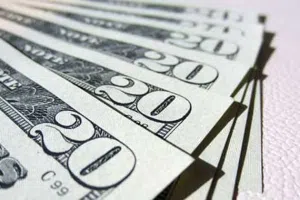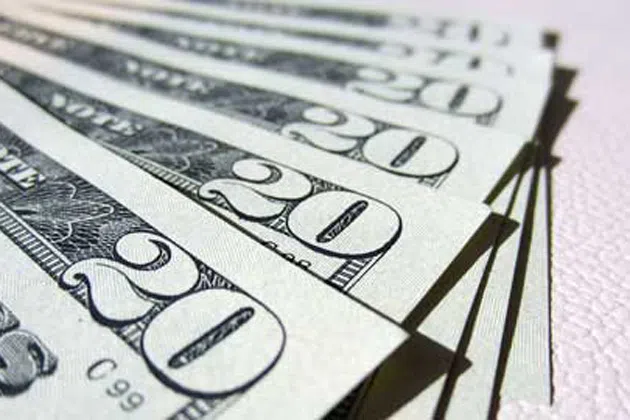
By Illinois Radio Network
SPRINGFIELD – It may not come as a surprise to residents that a new report again found Illinois’ property taxes were the second-highest in the nation, but the debate about how to address the problem continues, including among members of the Illinois Property Tax Relief Task Force.
Behind only New Jersey, Illinois had the second-highest property taxes in the U.S., according to the latest report from WalletHub. The consumer finance website found the average property taxes on a $205,000 home in Illinois were $4,700. The same $205,000 house in Kentucky or Indiana would come with a $1,760 property tax bill.
State Sen. Jil Tracy, R-Quincy, said the state needs to provide more funding to public school districts, but she dismissed increasing taxes through a proposed progressive income tax.
“It’s tax increases and property tax that are driving people from the state,” Tracy said. “And the more people we lose, the less tax base we have so that to me is fraught with problems.”
Illinois has led the nation in outbound migration over the past decade.
Gov. J.B. Pritzker’s progressive income tax proposal would increase tax revenue by more than $3 billion a year to give more state tax dollars to local school districts. The governor proposed holding $150 million in his latest budget plan in reserve for local schools if voters don’t approve the measure in November.
Tracy equated that to holding schools hostage.
State Rep. Fred Crespo, D-Hoffman Estates, agreed that the state needs to increase funding for local schools. But can the state wait for voters to decide on the proposed progressive income tax at the ballot box in November?
“I don’t think we have an option,” Crespo said. “I think that’s the only thing that we have on the table right now.”
Both Tracy and Crespo are on the 88-member Illinois Property Tax Relief Task Force that was supposed to produce recommendations to reduce property taxes by the end of 2019, but didn’t.
Crespo said the final report that was due Dec. 31 is still being put together, and is a complicated issue. He said one recommendation was to cap property taxes for certain districts that have more than 50 percent of their annual budget’s cash on hand.
“You have some school districts that are sitting at like 100, 110 percent of their annual operating budget in cash reserves, and they keep raising their levies, and they keep doing it because they can,” Crespo said.
Tracy recommended shoring up costs for local school districts through consolidation.
“Not perhaps of the districts, but the consolidation of the administrators could work very well to benefit that,” Tracy said.
It’s unclear when a final report with recommendations will be released.
Illinois Radio Network can be reached at News@WJBC.com.





